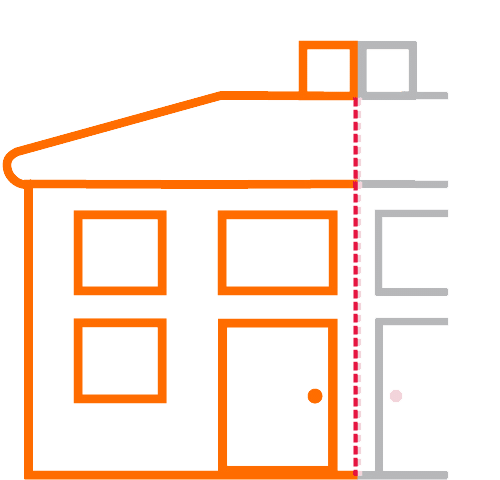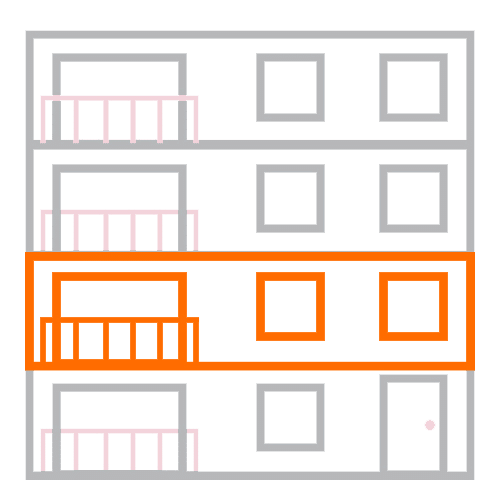Hiring a Professional Insulation Contractor
When looking to upgrade your home’s insulation, hiring a professional insulation contractor can make all the difference in ensuring a successful and effective project. By enlisting the expertise of a reputable specialist, you can benefit from their knowledge and experience in selecting the right materials and techniques for your specific needs. Professional contractors have the skills to assess your home’s insulation requirements accurately, providing you with a tailored solution to enhance energy efficiency and comfort.
Moreover, professional insulation contractors are equipped with the necessary tools and equipment to carry out the installation process efficiently and effectively. Their attention to detail and precision workmanship can result in a high-quality insulation system that not only maximises energy savings but also improves the overall comfort of your home. By entrusting your insulation upgrades to a qualified professional, you can have peace of mind knowing that the job will be completed to the highest standards, ensuring long-lasting performance and benefits for your property.
Qualities to Look for in a Reputable Insulation Specialist
When seeking out a reputable insulation specialist to handle your home energy efficiency upgrades, it is essential to consider a few key qualities. Firstly, experience should be a top priority – look for a specialist who has a proven track record of successfully completing insulation projects similar to yours. A seasoned professional will not only have the necessary skills but also the expertise to navigate any unforeseen challenges that may arise during the installation process.
Furthermore, a reputable insulation specialist should be well-versed in the latest industry standards and technologies. As energy efficiency practices continue to evolve, it is crucial that the specialist you choose stays updated on advancements in insulation materials and techniques. This knowledge will ensure that your insulation upgrades are not only effective in the short term but also sustainable in the long run, helping you maximise energy savings and reduce your carbon footprint.
Installing the Insulation System
When it comes to installing the insulation system in your home, it’s crucial to start by identifying the areas that require attention. Conduct a thorough assessment to pinpoint where heat loss or gain is most significant. Common areas to insulate include the attic, walls, floors, and crawl spaces. By understanding your home’s specific needs, you can determine the type of insulation that will be most effective in improving energy efficiency.
Once you’ve identified the target areas for insulation, the next step is to carefully follow the manufacturer’s instructions for installation. Whether you choose batts, rolls, loose-fill, or foam insulation, ensure that it is placed correctly to achieve maximum effectiveness. Take the time to seal any gaps or cracks before installing the insulation to prevent air leaks. Proper installation is key to ensuring that your home remains comfortable and energy-efficient all year round.
DIY Tips for Proper Insulation Installation
When it comes to installing insulation yourself, attention to detail is key to achieving optimal results. Begin by carefully measuring the space you plan to insulate, ensuring accuracy to avoid unnecessary gaps or overlaps. Next, select the appropriate type and thickness of insulation material for the specific area being insulated. Remember to wear appropriate safety gear such as gloves, a mask, and goggles to protect yourself during the installation process.
Before placing insulation material, make sure the area is clean and free of any debris or obstructions. Cut the insulation material to fit snugly into the designated space, preventing any air leaks that could compromise its effectiveness. Use a staple gun or insulation supports to secure the material in place, ensuring a tight and uniform coverage. Lastly, double-check for any gaps or areas that may have been missed, making necessary adjustments to guarantee a complete and thorough insulation installation.
Maximising Energy Efficiency PostInsulation Upgrades
After completing the insulation upgrades in your home, it is essential to maximise energy efficiency to reap the full benefits of your investment. One effective way to achieve this is by maintaining consistent temperature control within your living space. By properly sealing any air leaks around windows, doors, and vents, you can prevent heat loss during colder months and keep your home cool during the summer. This practice not only enhances energy efficiency but also contributes to a more comfortable living environment for you and your family.
Furthermore, conducting regular maintenance checks on your HVAC system is crucial for optimising energy efficiency post-insulation upgrades. Ensuring that your heating and cooling systems are working efficiently can help you save on energy bills and reduce your carbon footprint. Consider scheduling annual inspections with a professional technician to clean or replace filters, inspect ductwork for leaks, and make any necessary adjustments to improve the overall performance of your HVAC system. By staying proactive with maintenance, you can prolong the lifespan of your equipment and continue to enjoy the benefits of an energy-efficient home.
Additional Measures to Enhance Home Energy Conservation
Ensuring optimal home energy conservation involves adopting supplementary strategies that complement insulation upgrades. Window treatments play a vital role in maintaining indoor temperatures. Choose thick curtains or blinds to keep warmth inside during winter months and prevent heat infiltration during summer. Installing draft excluders around doors and windows further prevents heat loss, enhancing overall energy efficiency.
Another effective approach is to upgrade to energy-efficient appliances. Old, inefficient appliances contribute significantly to energy wastage. Consider replacing them with newer models that are designed to consume less energy while providing the same functionality. Furthermore, implementing smart home technology, such as programmable thermostats and energy monitoring systems, allows for better control over energy usage, ultimately reducing utility bills and environmental impact.
FAQS
Table of Contents
ToggleIs hiring a professional insulation contractor necessary for insulation upgrades?
Yes, hiring a professional insulation contractor is highly recommended for insulation upgrades to ensure the job is done correctly and efficiently.
What qualities should I look for in a reputable insulation specialist?
Look for an insulation specialist who is qualified, experienced, licensed, insured, and offers warranties on their work to ensure quality insulation upgrades.
Can I install the insulation system myself?
While some DIY enthusiasts may choose to install insulation themselves, it is recommended to hire a professional for proper installation to avoid mistakes that could compromise energy efficiency.
Are there any DIY tips for proper insulation installation?
Yes, some DIY tips for proper insulation installation include sealing air leaks, using the right insulation material for your home, and ensuring proper ventilation to enhance energy efficiency.
How can I maximise energy efficiency post-insulation upgrades?
To maximise energy efficiency post-insulation upgrades, consider additional measures such as installing energy-efficient appliances, upgrading windows and doors, and implementing smart home technology for optimal energy conservation.
Related Links
Weather Stripping and Sealing: Key Elements of Energy-Saving Insulation
Choosing the Right Insulation Materials for Your Home





